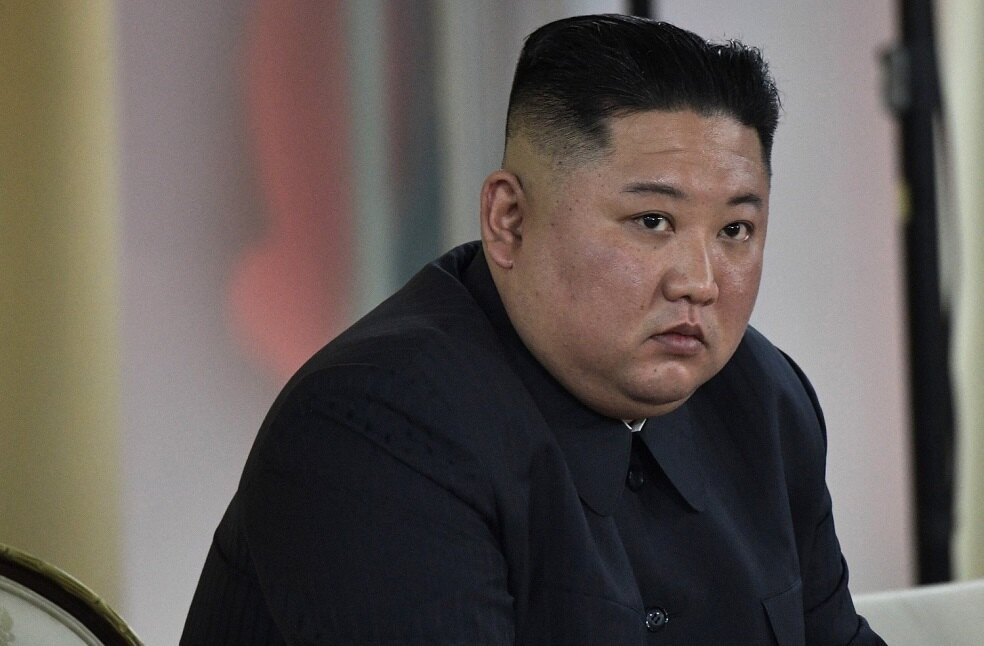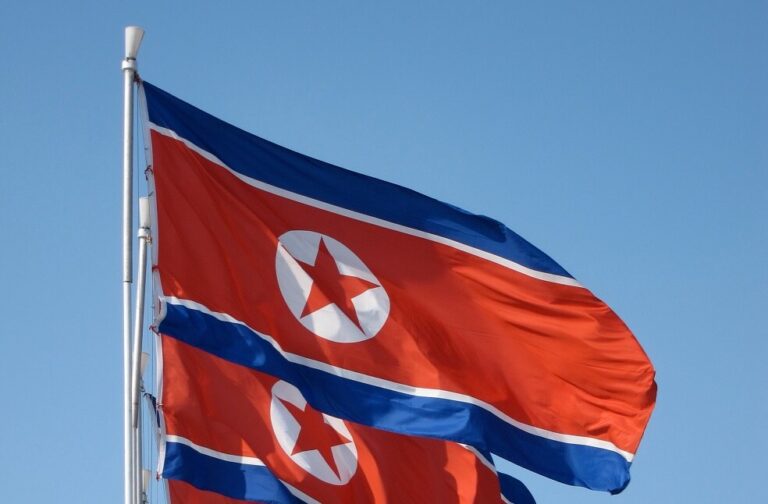North Korea: North Korean officials have vowed to make a second attempt at launching a military spy satellite following the failure of their initial launch last month. According to state media, the ruling Worker’s Party of Korea held an enlarged plenary meeting, during which they criticized those responsible for the failed operation and ordered workers and researchers to analyze the launch. The first attempt, which occurred on May 31st 2023, resulted in the projectile and its payload crashing into the sea due to a rocket failure, dealing a setback to North Korean leader Mr. Kim Jong Un’s ambitions of establishing a space-based surveillance system.
The United States and South Korea condemned the launch, citing violations of United Nations resolutions that prohibit Pyongyang from conducting tests involving ballistic missile technology. Experts have pointed out the technological similarities between intercontinental ballistic missiles and space launch capabilities. The Korean Central News Agency (KCNA) did not specify when the second launch would take place, but South Korea’s spy agency informed lawmakers that it would likely require “more than several weeks” for North Korea to identify the causes of the initial failure.

In recent days, South Korea announced the successful retrieval of a significant portion of the crashed rocket from the seabed. The recovery efforts aimed to provide valuable insights into North Korea’s ballistic missile and satellite surveillance programs. By studying the debris, scientists hope to gain a deeper understanding of Pyongyang’s technological advancements in these areas. The second launch attempt signifies North Korea’s determination to achieve its space-based objectives, despite the setbacks and international criticism it has faced.
The ongoing developments highlight the ongoing tensions between North Korea and the international community, particularly the United States and South Korea. As North Korea continues to pursue its military capabilities, concerns grow regarding the stability and security of the region. The failed satellite launch and subsequent vow for a second attempt underline the nation’s relentless pursuit of advanced surveillance and missile technologies, which have significant implications for regional security and stability.



